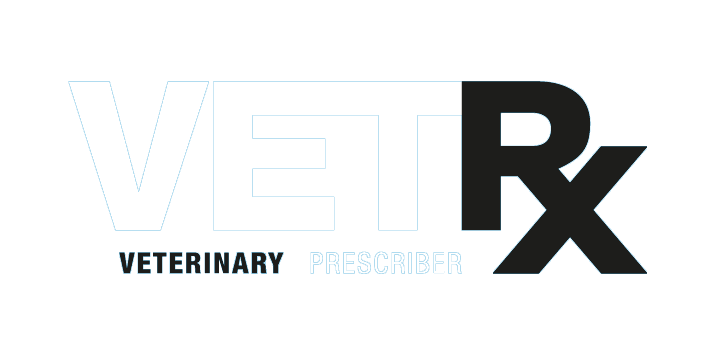The Dog's Blog: We are detective
We are detective
Angus, my son, is puzzling over what to do after he finishes his Masters degree in Glasgow later this year. In his search for a suitable career path he completed an online questionnaire, which suggested the most suitable job for him is...... detective. He hadn’t considered a career in the police force, and seems not too keen on the idea. But I suggested to him that detective work is not unique to law enforcement or crime novels. In fact, I’d say a lot of what we do on Veterinary Prescriber can be described as detective work. There are many parallels to find through comparing the job description for a detective with what we do when we prepare our modules:
Develop and evaluate strategies to manage investigations: we prepare a detailed outline of what the module needs to cover; and identify a potential author, specialist commentators, and relevant organisations and companies to consult.
Gather the evidence: we decide on the search strategy for PubMed and VetMedResource (CAB Abstracts) databases to ensure that we track down all the available published data; and identify other relevant sources of information (including SPCs, formularies, guidelines, promotional literature).
Accumulate key information and subject it to detailed analysis and robust critique. After we’ve found all the relevant papers, it is not enough to read the abstract or conclusion because clinical trial reports are often written with a positive spin, so it’s important to objectively assess the methodology and results. Our editorial team is highly skilled in critical appraisal and we’ll draw attention to deficiencies in the evidence. It is this close analysis of the information that often exposes the lack of evidence behind accepted dogma (e.g. that paracetamol is an NSAID; or that enrofloxacin is contraindicated in backyard chickens). It also reveals the weaknesses in the evidence behind promotional claims.
Witnesses. These are our commentators. We have a regular panel of general-practice vets who are particularly helpful in providing personal insights, and ensuring that the information is relevant to clinical practice. We also invite topic specialists to comment. They can sometimes have different opinions, which we aim to represent. Specialists can also help when clinical evidence is poor, scanty or non-existent, by offering practical advice (e.g. on the use of paracetamol in chronic pain).
Conduct interviews and interrogations. Sometimes we need to get in touch with specialists, pharmaceutical companies, or the VMD for additional information to properly untangle a particularly difficult idea.
Verify and assess all appropriate and available information to gain an accurate understanding of situations. We check all the facts in the module. Sometimes we need to highlight when official information (such as SPCs) is not in keeping with the published evidence (e.g. relating to paracetamol).
Keep up to date with changes in legislation. We keep a close eye on medicines legislation so that our modules explain the legal obligations and their application in practice (e.g. prescribing for backyard chickens; the legal status of cannabidiol).
Prepare, complete and submit accurate case papers and evidence files to the highest professional standard and within set time limits. Finally we put a lot of effort into presenting the information as succinctly as possible ensuring the messages are usable, unambiguous and defensible. Recording the text as audio files (so you can listen if you prefer) often helps show up any sentences that are ambiguous or not clear so we can alter them before publication.
We don’t solve crimes, but we do make sense of of all the evidence and various sources of information, so you don’t have waste your time hunting around for it. Now that would be criminal.
The inspiration for the title of this Blog was the 1983 Thomson Twins’ song
Our purpose...
......is to provide busy veterinary professionals with impartial information on veterinary medicines with which to make treatment decisions in the best interests of animals, their owners and the environment. We mainly do this through the Virtual Veterinary Medicines Academy where our evidence-based peer-reviewed appraisals are the result of a rigorous research and editorial process and are presented succinctly in our multi-media CPD modules. We’re independent: we don’t sell ads, or receive commercial support. We’re funded by subscribers so you can be sure the information we provide is completely objective. Subscribers get unlimited access to the Virtual Veterinary Medicines Academy.
